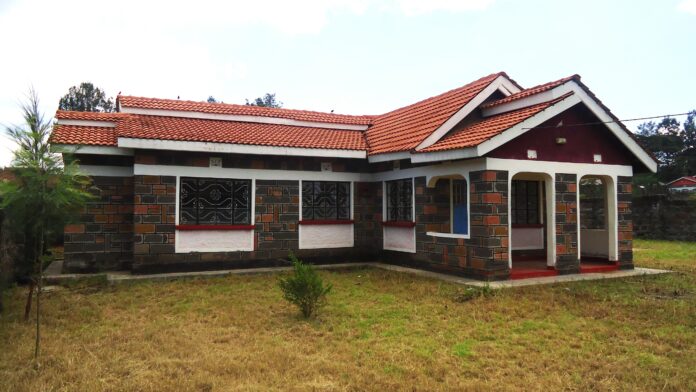Sending the construction workers to get materials for you can also prove extra costly as these people have a tendency of looking for the cheapest materials in order to save money, thereby compromising the quality of buildings.
CHEAP BARGAINS
Mr. Murithi gives the example of a builder who sends his foreman to look for construction blocks at a nearby quarry. Upon arriving at the quarry, the foreman learns that the stones come in four grades, ranging from grade A to D according to quality. Since all the stones look alike at a glance, the foreman buys blocks of inferior quality so that he can pocket some of the cash. But then, during the construction, nearly half of the Grade D stones end up chipping away or breaking easily, rendering them unfit for construction.
“In as much as you are trying to cut costs, never compromise on quality as it only turns out to be more expensive in the long run,” warns Mr. Murithi, who has spent his entire adult life in the construction industry. He suggests that project owners go for Grade A construction stones, whose wastage rate is less than 1 percent.”
When buying construction materials, beware of cheap bargains. If it sounds too good to be true, it probably is, he says, using sand as an example. Mr Murithi says a 21-tonne lorry-full of sand usually goes for Sh21,000, but a supplier might come to you saying he can sell you the same amount of sand for, say Sh18,000. If this happens, he cautions, beware, because such lorries usually have false bottoms that unscrupulous suppliers exploit. And because of the false bottom, you end up receiving only 14 tonnes of sand instead of the 21 tonnes you think you have received.
Another cost-saving measure is renting or re-using certain building materials instead of buying new ones for every project. For instance, timber posts and trappers that are usually used to provide support during construction can be rented from construction firms and re-used several times before becoming unusable.
Being in touch with modern trends and using new building technology is also cost-effective, Mr. Murithi says, adding that his firm recently started using hollow interlocking blocks, a technology borrowed from Thailand. Although the blocks are relatively expensive, the company still manages to make considerable savings since the blocks require little cement to hold them together, and require less labor. Thanks to the adoption of this technology, a project that the company had set out to undertake for Sh9 million shillings ended up costing Sh5.2 million.
Then there is the issue of labor. If you pay your workers a flat rate daily, they can deliberately work slowly to extend the construction period so that they can be on the job for a while longer.
To avoid such a scenario, Mr. Murithi advises, you should work out a system that allows you to pay the workers according to the amount of work they do.
But perhaps what contributes most to exaggerated construction costs is pilferage and outright theft by construction site workers.
Mr Robert Kamau, a developer with several apartments spread across Kiambu County, knows the agony this causes only too well.
“It took me a long time to discover that the workers were stealing materials such as bricks, cement, and even wheelbarrows,” he told DN2.










On reducing the cost of a structure from 9m to 5.2m just by adopting interlocking blocks technology what were they building so that the cost of walling is more than 30%. Usually residential units walling can’t be even 15%.
So how much four bedroom bungalow
Is the company offering its services in Nairobi only or they can extend and cover places like isiolo town?